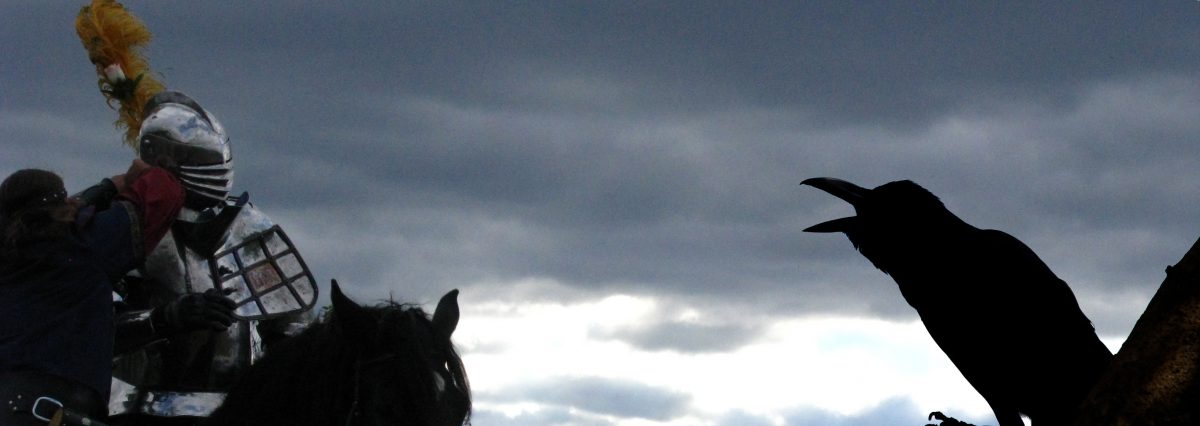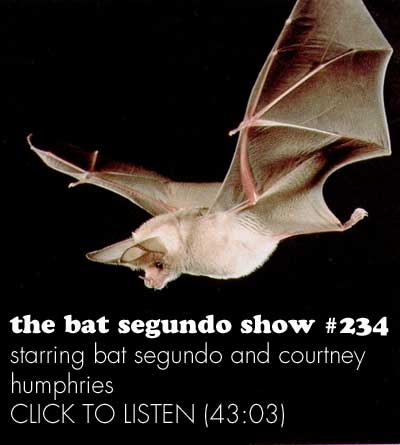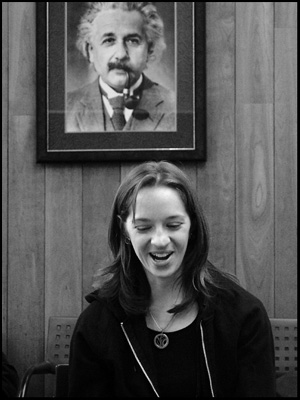As a thriving empire faces war with ferocious barbarians, a mischievous scholar named Minerva hopes to bring law and civilization to a great realm populated by talking birds, giant rats, gregarious knights, elemental gods, and menacing malasanders. An unanticipated dispute among the knights gives Minerva an opportunity to uphold the doctrine of moral principles, but Minerva finds herself testing her loyalty to her aide-de-camp while helping others to learn what honor, empathy, and identity really mean. (Running time: 32 minutes)
Listen: Play in new window | Download
Written and directed by Edward Champion
CAST:
Minerva: Rori Nogee
Eris: Gerrard Lobo
Henrietta: Monica Ammerman
Fire: Samantha Cooper
Watson: Christopher Akpobiyeri
Boleyn: Rachel Baird
The Magister: Sarah Golding
Talking Birds: Alan Barrows
Knights: Michael Charles Foote, Jim Kampfil, Matt Leong, Pete Lutz, Tanja Milojevic, John Xavier Miller III, Julia Morizawa, Hans Detlef Sierck, Fiona Thraille, Richard H. Thorndyke, Jack Ward, Tao Yang.
Sound Design and Editing by Edward Champion
Foley Sources: Edward Champion, jobro (CC), _def (CC), Taira Komori (CC), avakas (CC), Martin-Eero Kõressaar (CC), the_toilet_guy (CC), the_toilet_guy (CC), Shanay Groen (CC), jason130178 (CC), baryy (CC), huggy13ear (CC), HDM2013 (CC).
Music: “The Long March Home” by Tim Juliano (licensed through NeoSounds)
Special thanks to Sacha Arnold, Austin Beach, Matthew Boudreau, Jason Boog, Christopher Byrd, Jen Elyse Feldman, Claudia Berenice Garza, Pam Getchell, Jen Halbert, Gabriella Jiminez, Argyria Kehagias, John Osborne, Tom Parsons, Rina Patel, Michael Saldate, Marc Anthony Stein, Marjorie Stein, That Podcast Girl, Georgette Thompson, Neil Varma, Jo Anna Van Thuyne, and many others I may have inadvertently forgotten for their invaluable help, feedback, kindness, inspiration, and support during the production of this episode. We are especially indebted to Robert Cudmore, Matthew McLean, and Steve Schneider, whose collective insight, inspiration, unfathomable generosity, and encouragement were vital during the development of this highly ambitious story.
Please be sure to also listen to A Scottish Podcast, which is run by many of the fine people who made this program possible, Lost in Williamsburg, whose work with overlapping dialogue has served as partial editing inspiration, and Tom Parson’s forthcoming Organism.
We also recently launched Inside the Gray Area, a behind-the-scenes podcast available for Patreon subscribers who contribute at the $5/month level. Become a Patreon member and enjoy access to this, along with our annotated scripts, which contain many key references that will help unravel the bigger story.
Thanks for listening!



 Correspondent: You’ve actually dined on squab. You allude to the fact that it’s delicious, that it’s dark meat. But as a carnivore and somewhat of a curio, I had to ask whether it tasted like chicken or like duck or like turkey. I mean, you didn’t go into specifics here. And I’m wondering if the experience was possibly unsettling or you couldn’t convince yourself completely that it was delicious. Because you also sympathized with these birds. But what of this?
Correspondent: You’ve actually dined on squab. You allude to the fact that it’s delicious, that it’s dark meat. But as a carnivore and somewhat of a curio, I had to ask whether it tasted like chicken or like duck or like turkey. I mean, you didn’t go into specifics here. And I’m wondering if the experience was possibly unsettling or you couldn’t convince yourself completely that it was delicious. Because you also sympathized with these birds. But what of this?